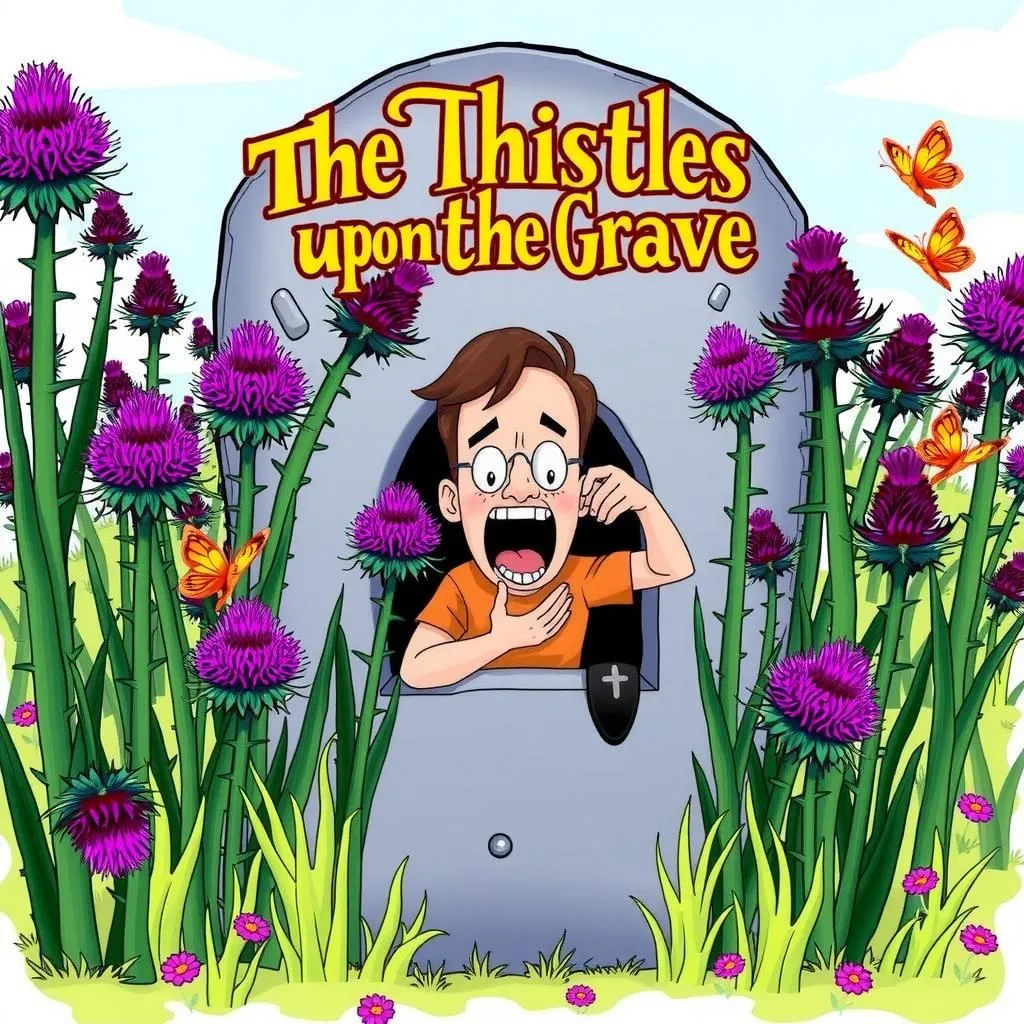
The Stag the Wolf and the Sheep
In "The Stag the Wolf and the Sheep," a Stag seeks a measure of wheat from a Sheep, promising the Wolf as a guarantor. The cautious Sheep declines, fearing both parties' deceit, illustrating the lesson that two dishonest individuals do not create trust. This wisdom-packed moral story teaches young readers that caution is essential when dealing with untrustworthy characters.


